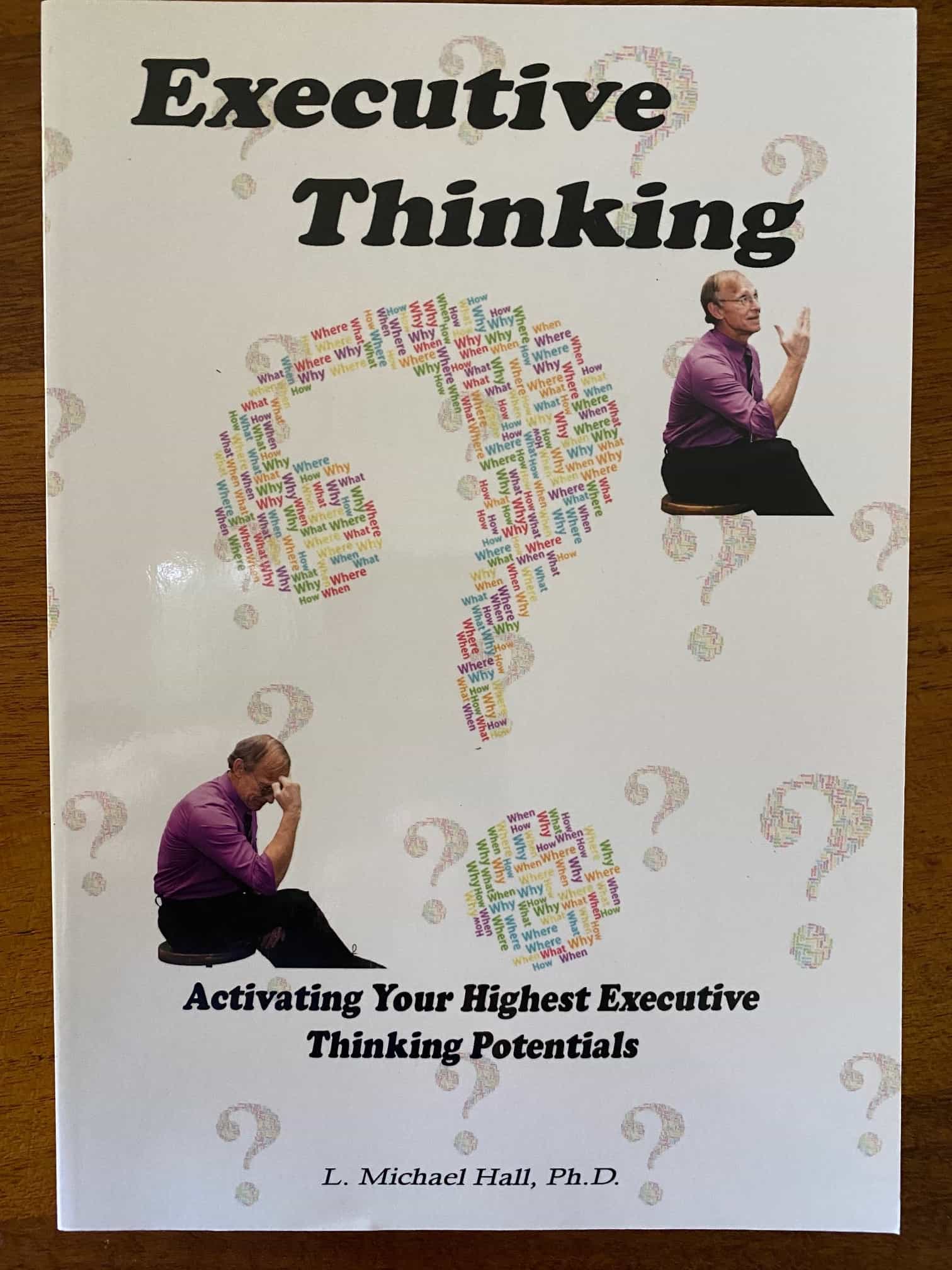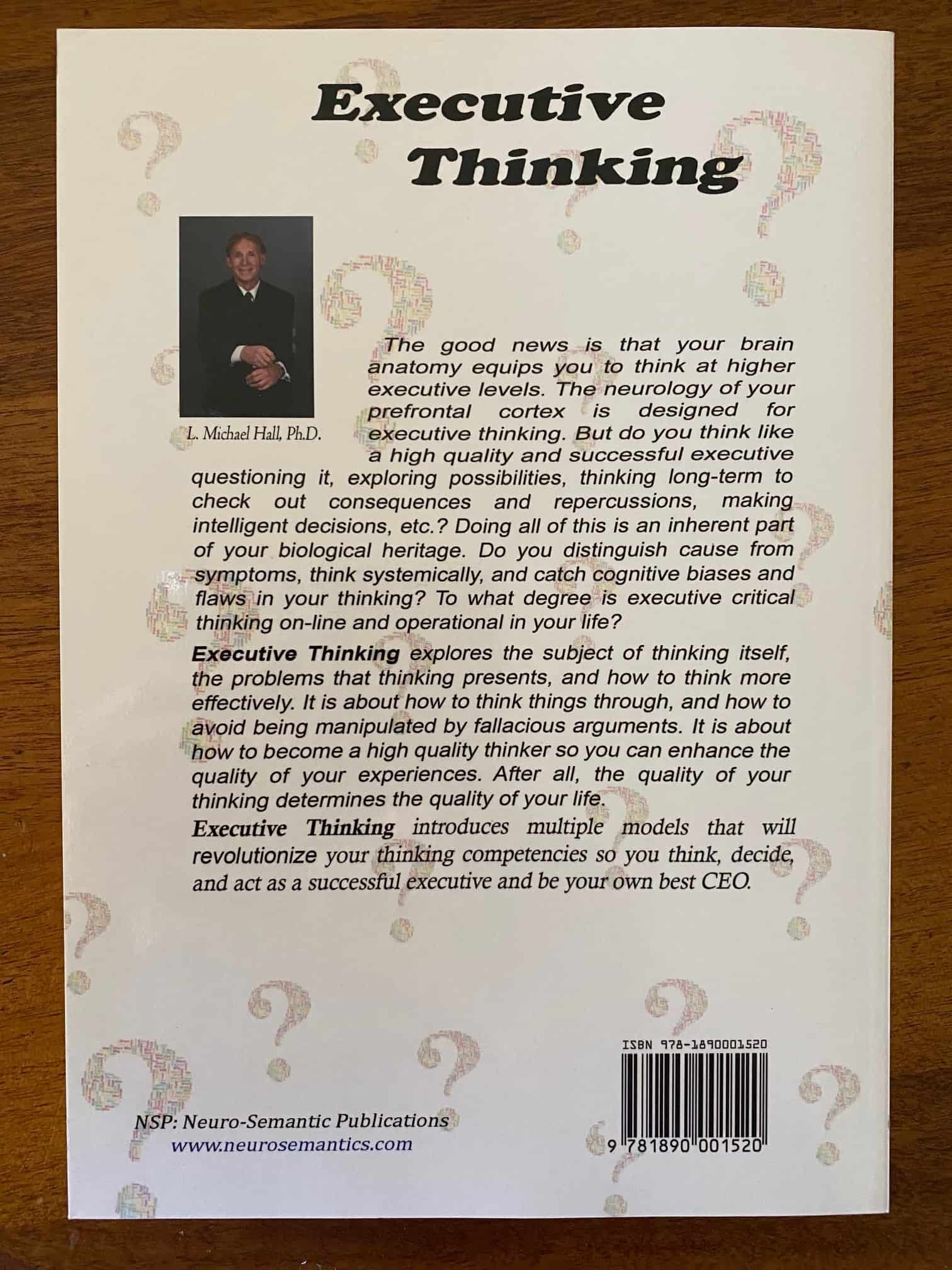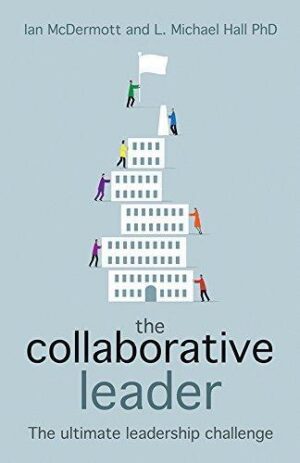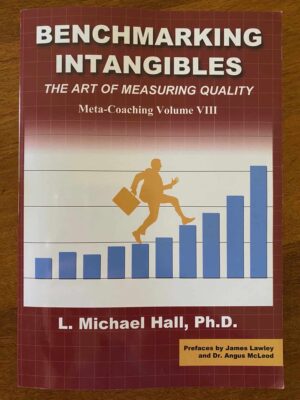Description
Executive Thinking
Your brain has a remarkable ability to engage in high-level thinking, thanks to the neurology of your prefrontal cortex. But do you truly think like a successful executive? Are you adept at gathering information, questioning assumptions, exploring possibilities, and thinking long-term?
Executive Thinking is all about enhancing your critical thinking skills, fostering creativity, and avoiding fallacious arguments. By learning how to distinguish between cause and symptoms, think systemically, and identify cognitive biases, you can achieve more in your personal and professional life.
In Executive Thinking, you’ll discover multiple models that will revolutionize your thinking competencies. You’ll learn how to think things through, make intelligent decisions, and act as your own best CEO. By becoming a high-quality thinker, you can enhance the quality of your experiences and achieve your goals with confidence. Remember: the quality of your thinking determines the quality of your life.
Executive Thinking Skills
Executive thinking skills refer to a set of cognitive abilities that enable individuals to think and act like successful executives. These skills typically include:







